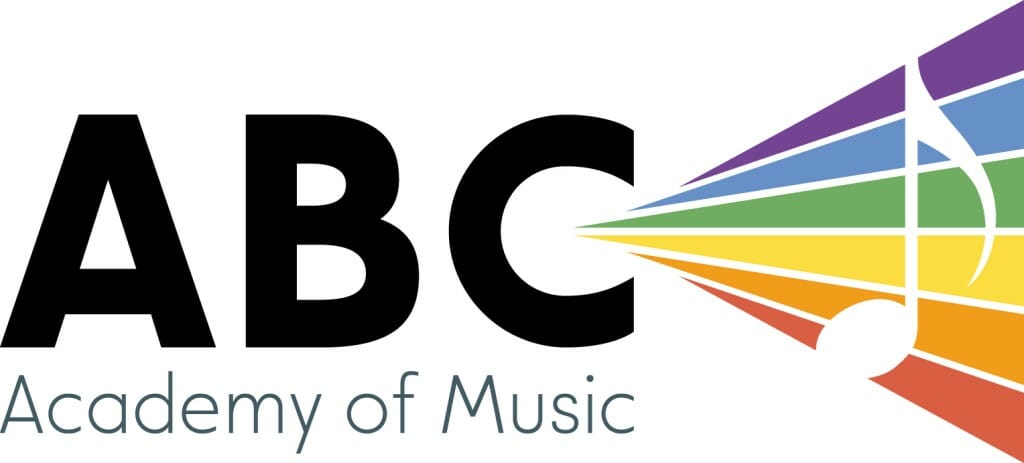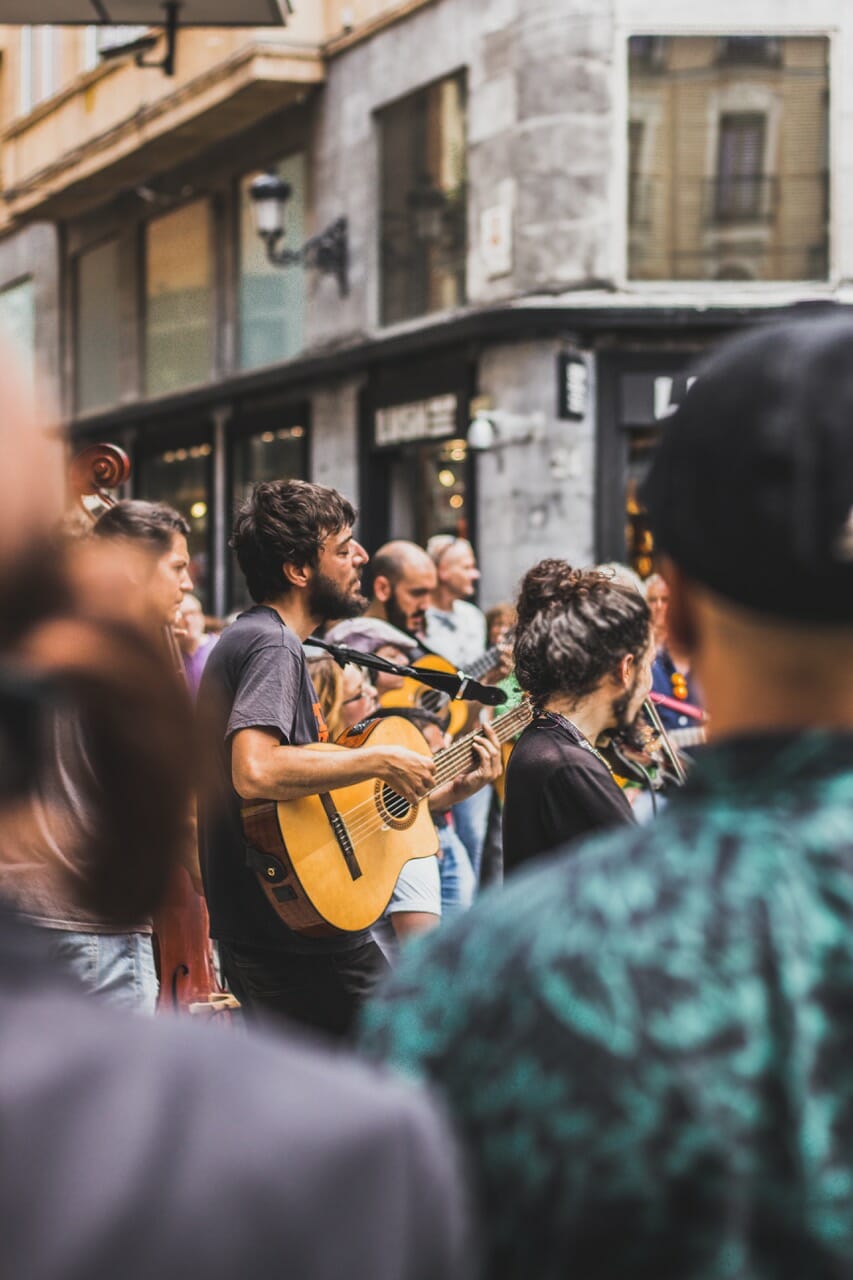There’s a lot of research being done on the use of music for therapeutic purposes. Scientists have found that making music in a group environment can help people of all ages improve their social skills.
Group music-making has been shown to increase the release of dopamine, serotonin, and oxytocin –chemicals that are often associated with happiness and feelings of well-being. In addition to this, group music-making can help to strengthen relationships which is something that many people seek when they are feeling down or lonely. People who are depressed may find that music provides therapeutic effects because it gives them a sense of contribution and accomplishment – even if it was just adding one note to make a chord fuller or adding one beat to an already existing rhythm pattern.
The Benefits of Socializing and Cooperation
Group music-making is a form of socializing that brings the benefits of cooperation. For instance, if one person in a group is playing guitar and singing, others can play or sing along with that person to create harmony. Playing in groups has been shown to have mental and physical health benefits such as stress relief and increased endorphins. This type of activity allows people to work together in order to efficiently create an enjoyable sound. It’s not just about learning to play an instrument, it’s also about working together with others to create something.
The Power of Group Music-making for Developing Personal Skills
Being in a group while making music teaches you how to collaborate well and work together to bring your ideas to fruition. By creating meaningful dialogue in the group, people also improve their verbal communication skills, which can be applied outside the music-making context when they interact with peers or customers at work or school. Group members learn how each other work and find out what they can do to help each other.
From Kids & Teens to Adults, It Benefits Every Age and Stage
Group music-making has shown to be a very beneficial tool in developing children’s social skills. It can increase their self-confidence and develop their ability to cooperate and communicate with others. Music allows children to listen and share thoughts and ideas with one another in a playful environment and helps them develop new skills that will serve them well in life. Promoting cooperation and teamwork, group music-making has the power to positively change how children interact with one another.
Group music-making is a way to promote social skills development in teens and adults, too! It can be done in a variety of ways, such as community groups, sound-mapping, improvisation, or songwriting. When two or more people perform music at once, they’re creating one piece with their individual skills. For example, someone using a guitar can be the first layer of a song’s texture while someone providing percussion could be the second.
Music has always been about setting the stage for the soundscape that will represent a certain emotional experience and group music-making is no different. It’s just more immersive and interactive than ever before. Group music-making is a great activity for teens and adults who want to connect with another person or people through sound. It’s also great for people who want to learn how to make their own music!
It’s Never Too Late to Learn Music – It’s Good for You!
We often think that learning an instrument is for children and teens, but the truth is that it is never too late to reap the benefits. In fact, it’s beneficial for your mental health and can improve your quality of life at every age.
Learning an instrument can help you cope with stress and anxiety. Proven to lower depression levels, it’s also a great way to meet new people and develop meaningful relationships with them. All these factors make music lessons an excellent choice of therapy for seniors in nursing homes, or any other place where they need rehabilitation care.
It doesn’t matter if you are a beginner or an expert musician: music will always be present in your life, whether as a hobby or your profession.




